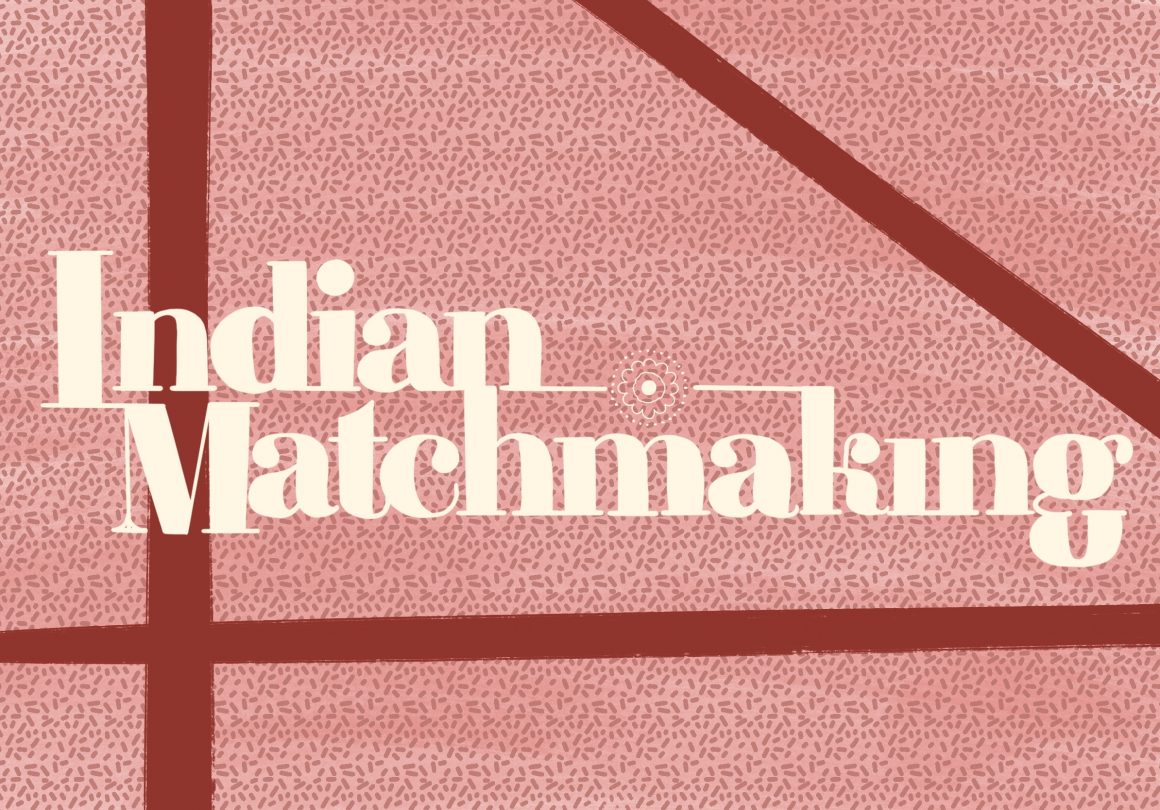
Indian Matchmaking Season 2: Vilifying women for having standards
By Nimra Amir, September 1 2022—
When season one of Indian Matchmaking premiered in 2020 on Netflix, it attempted to authentically show the process of modern arranged marriages through Sima Taparia — or Sima Aunty as she is more respectfully known as — and her clients but as the show returns for season two, we get the sense that Taparia is not “Mumbai’s top matchmaker” like she claims to be.
She takes a traditional approach to matchmaking in wanting her clients to “compromise” on all standards except for preferences of colourism and casteism that are played off as harmless desires simply just needed for families to get along and reputations to be kept — even though this has resulted in no successful match for any clients from season one of the show. But as Taparia in season two continues to say that both her male and female clients need to be prepared for their matches to have 60 to 70 per cent of the qualities they are looking for, it becomes obvious that she really only expects the women to do the compromising. For her, love comes after marriage anyway.
In season one, she says Aparna Shewakramani is picky and stubborn for rejecting her first match but says Pradhyuman Maloo who had rejected 150 marriage proposals just had high expectations for his future wife.
In season two, the double standards continue. Taparia says Akshay Jakhete — who describes himself as the “world’s most eligible bachelor,” — is “charming, handsome. Parents are good. He’s loaded with money.” Jakhete, with no self-awareness, thinks that because his family has a successful business that any girl should be willing to relocate to the small town of Nasik for him. This entitlement, when it comes to men, is permissible on the show when Taparia agrees saying “I always tell the girls, are you marrying the city or are you marrying the boy and the family?”
When Jakhete rejects his match, Taparia says, “There is some defect in the horoscope and so he refuses every girl who comes to meet him” but when Shital Patel rejects a match, Taparia says that “she always looks for a reason to find [that] someone is not perfect.”
This sexist approach to her clients goes beyond passive aggressive comments. When Taparia gives Patel only one match at a time, she says that is just the way she works to avoid her clients from getting confused but then gives Arshneel Kochar a choice between three women and Vinesh Vasnani a choice between two women for their first match.
Again and again, Taparia is nothing more than a figurehead for stereotypes that are not needed in the arranged marriage process. So, while the popularity of Indian Matchmaking — which has already been renewed for a third season — is important in ways like correcting western misconceptions that confuse arranged marriages with forced marriages, a show like Indian Matchmaking can do so much more by breaking away from toxic traditions that sideline women in their own marriage.
Shewakramani, the most hated single from last season — with popular memes proclaiming her to be the “villain” of the show — has the most relatable experience on season two. She opens up about how she went back on the show, despite no longer being Taparia’s client, to share her story of living life on her terms as she quits her job as a lawyer of ten years to move to New York City. Although she met someone from a mutual friend, her relationship with herself remained a priority above all. This time on the show exploring self-love and self-discovery in the matchmaking process more accurately reflects what modern dating should be instead of forcing women to compromise and shaming them when they do not.
Shewakramani would rather be single than settle for a life partner that does not meet her standards despite the cultural pressures to be married while you are as young as possible under outdated preferences of colourism and casteism — I just wish her story on the show was not the only one like this.
